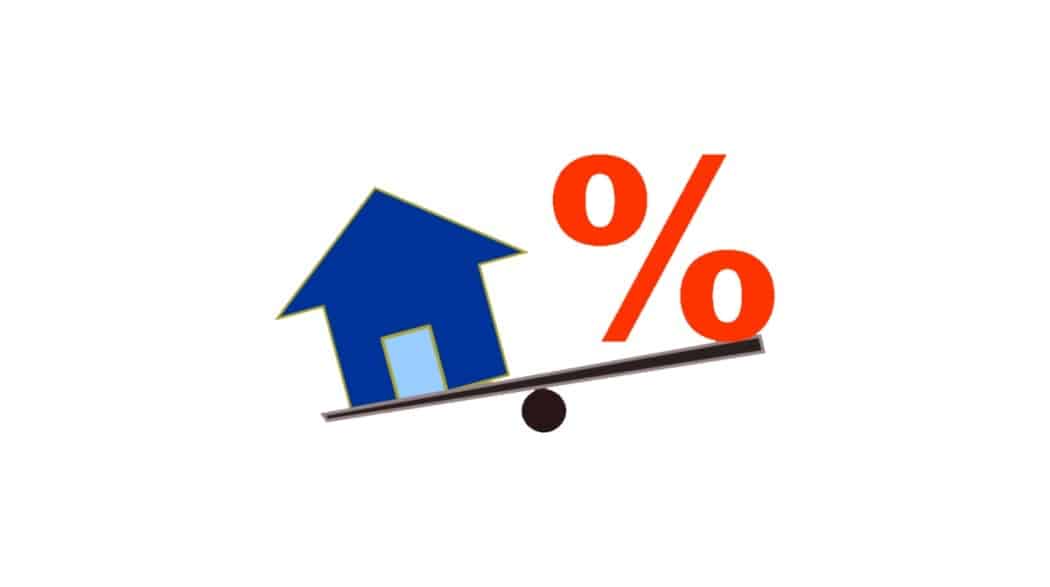Your Most Trusted Partner in Home Purchase Loans & Refinance Loans
Open Hours: Mon. - Fri., 9:00 a.m. - 6:00 p.m.

Home equity is a very important term in homeownership. It's defined as the homeowner's interest in a property. In other words, it is the part of a home's value that the homeowner truly owns. Home equity can increase if the value of your property increases or the more you pay your home loan balance.
When you borrow money to buy a house, the down payment that you cash out is your initial home equity. The more you pay your monthly fees, the more you add to your home equity.
You can calculate home equity by subtracting the remaining mortgage balance to the current market value of your property. However, home equity is usually presented in percentage.
For example, the current market value of your home is $500,000 and the remaining mortgage balance is $150,000.
$500,000 - $150,000 = $350,000
The value of $350,000 is your home equity. Now to determine the home equity percentage, you have to divide home equity from the market value.
$350,000 / $500,000 = 0.7
And by multiplying 0.7 with 100, you'll get the home equity percentage value of 70%.
There are online home equity calculators that will make this process easier. If the resulting number is negative, it means that you owe more than your home's actual value.
You can build your home equity by increasing the value of your home and by paying your loan.
The value of your home can increase passively if the market prices are rising. But if you don’t want to rely on luck, you can take active steps to increase the price of your home. This can be done through home improvements. Remember that a fully-improved or well-maintained house is one of the fundamental factors that a real estate agent and homebuyer would consider. Every dollar you use to upgrade your house will significantly increase the price of your home, thus improving your home equity.
By repaying your mortgage, you are also increasing your home equity. You can even consider making extra payments every time you have the chance.
A very important method of paying your mortgage is to be consistent about it. As time passes, a bigger part of your monthly payments will go to your principal payment. This will increase your home equity while the loan interest payments gradually decrease. This process happens smoothly if you pay your debts on time. This is also the reason you shouldn’t refinance your loan or get a second mortgage if you want to build equity faster.
If you're thinking about building your equity even before buying a house, you can do so by paying a bigger down payment or making the term of your mortgage shorter.
You can consider the mortgage payments you make monthly as forced savings. All the money you pay for the loan gets saved into your home equity. If done properly, your home equity can be one of the best investments you can make.
